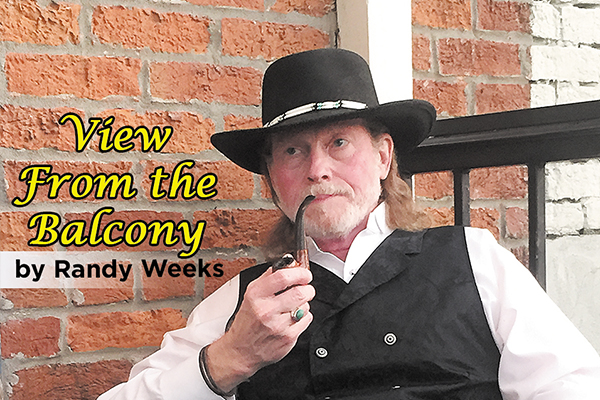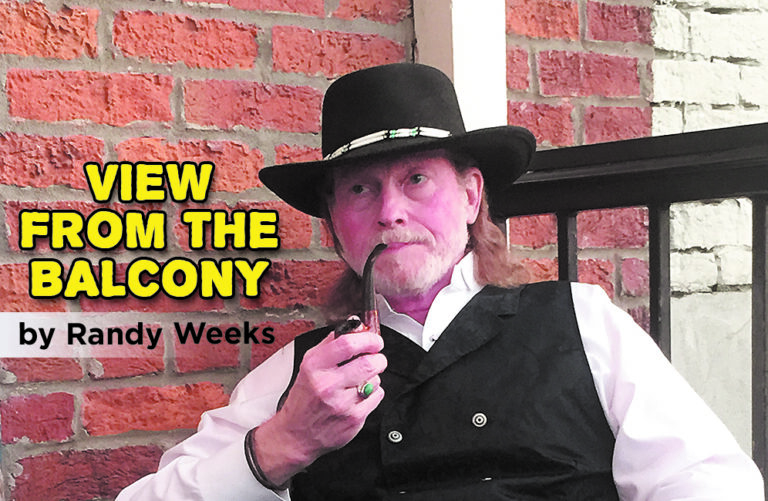
I’m back in SoCal, and I’ve been reading a few news stories about us (Mississippians). I have to say, if those stories are all a body’s got to go by, it’s easy to see why we come off looking like idiots so often.
It can be hard to make out all the progress we’ve made in social justice issues over the last 75 years when much of the world still views us through the long, dark lens of bigotry, gender bias, racism, and isms ad infinitum ad nauseum. Defending her against such long-held historically based bona fide well-earned stereotypes is more often than not an exercise in futility. Just as the denial level about the injustices that still exist in our state is high, the denial level about reforms we’ve implemented is even higher in our knee-jerk judgmental info-saturated poorly informed culture.
I’m reminded of the chorus of a Jim Weatherly song:
Mississippi, this is your song,
Sung for all the righteous people
Who won’t let you forget when you were wrong . . .
Yeah, there are plenty of folks who love to press their boot of oppression on the throat of Mississippi. Can you blame them sometimes? But the saddest thing is how we keep doing it to ourselves— cutting off our nose to spite our face. No, not everyone, but a heaping helping of us, enough to keep electing officials who seem to live with a secessionist mentality that’s about as patronizingly transparent as a condescending, molasses-drawled “bless your heart.”
Thank you, kind sir/madam for seeking to enlighten us to the errors of our ways. I know you mean well, but we don’t need you outsiders coming here and telling us what we’re doing wrong when you got plenty of fish to fry in your own fal-de-ral fantasy land of a state—bless your heart.
(To be clear, yes, I am talking about flags and statues and such, including our illustrious governor’s recent slap in the face to Bennie Thompson’s work to have Medgar Evers’ home declared a national historical landmark. But I’m talking more about the belief by many that showing acts of kindness to the still-oppressed in our state is so damned noble, refusing to see that even such acts, no matter how kindness-motivated they are, perpetuate institutional racism. Then there are those who say, more or less, “Git over it!”
Every state has its cache of ca-ca and it all stinks. But here’s the deal: if you’ve been sitting in a pile of it all your life it probably smells like Chanel No. 2-Poo. Even if you notice the stench, you’ve been there so long that you’ve got it just the way you want it and you’re as comfortable as a dung beetle in a warm cow patty.
But stirring things up sometimes is one of the most likely ways to invite change and sometimes we need somebody from the outside to agitate the white-washing machine.
I was listening to Mr. Zimmerman on my train ride yesterday. He sang an early one of his, “Black Cross,” about an old black man who read a lot, believed what he believed, and minded his own business. Hezekiah Jones was visited one day by Reverend Greene of the local white church. When Reverend Greene could not extricate a conversion of the courteous Mr. Jones’ soul, the good folks of Reverend Greene’s white church hanged Hezekiah Jones, saying, “Well, he had it comin’/Cause the son-of-a-bitch never had no religion.” Sounds like Mississippi sometimes.
I have friend who says that living in Oxford is like living in a bubble. Thank heaven for Mississippi bubbles like Oxford and all the people/places/things that make them up—pockets of hope in this often-inhospitable state of hospitality.
As Mississippi Don Ho might sing:
Tiny bubbles in the state
just might save us,
if it’s not too late.
Gandhi famously said, “Be the change that you wish to see in the world.” Wish it. Manifest it. Be a bubble. Live it, and get with all those other bubble-people. Let’s fill the state with suds. Lord knows we could use a good washing every 100 years or so.



The complexity of Mississippi is wonderfully explained in this article! The metaphor of bubbles is a national metaphor for the entire country that seems to be splitting over the continuous racist division that started with the Natives, carried over to the African slaves, to the Irish, to the Hispanic, to the Asians with the Caucasians. Tiny bubbles, indeed!